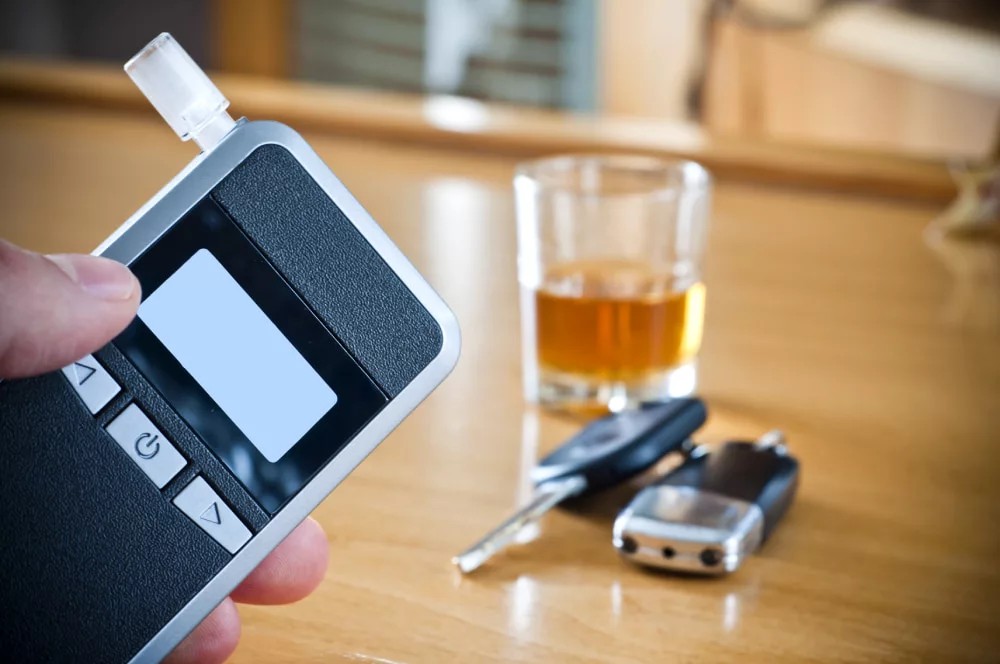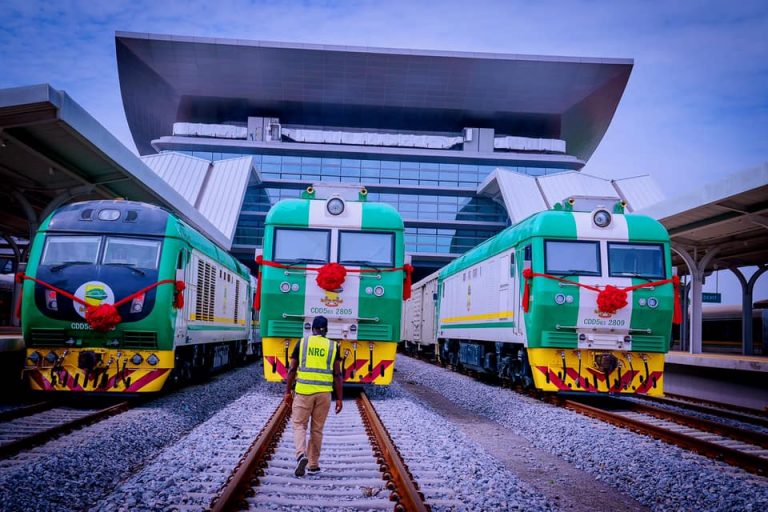•FRSC records 171 drunk-driving cases in five years
Sometime in 2024, Sinclair (not real name) was driving on the Ibadan-Lagos Expressway when he collided with a mini-bus at Mowe. Despite being at fault, Sinclair assaulted the driver, insisting that he bashed his car and that he must repair it.
The police got involved and appealed to Sinclair. At some point, the Divisional Police Officer (DPO) at Mowe Police Division got involved and discovered that he reeked of alcohol.
He was then driven from the scene to the station but never stopped ranting. Pissed by his action, the DPO ordered him to be locked in a cell. Hours into the night, his twin brother called frantically before the police picked up his phone, narrating what transpired.
His brother reached out to his uncle who was said to have given him the car, which was the second after he crashed the first one on account of drunk driving.
The family appealed that he should be released on bail that night, but the police insisted on keeping him until the next day. When Sinclair woke up the next day, he denied everything he had said. He was later released because the DPO could not prove that he was under Dutch courage due to a lack of a device for measuring breath alcohol concentration (BrAC).
Drunk driving, also known as driving under the influence (DUI) is the act of operating a motor vehicle while impaired by alcohol or other substances. In Nigeria, the legal limit for blood alcohol concentration (BAC) is 0.05 grams. Sinclair’s case is one of numerous cases of drinking and driving by both commercial and private motorists plying the road.
There have been cases of young men involved in accidents on their way from the club with some losing their lives in the process, while those who survived escape prosecution.
While there have been campaigns against drinking before driving or drinking while driving, drivers, especially commercial drivers, still indulge in the habit.
Data from the Federal Road Safety Corps (FRSC) revealed that 171 cases of driving under alcohol/drug influence were recorded in five years with the highest recorded in 2022. A total number of 35 was recorded in 2021 while 39 was recorded in 2022 just as 27 cases were recorded in 2023.
A total of 37 cases were recorded in 2024 while 33 were booked as DUI as of 2024.
Speaking with The Guardian, Corps Public Education Officer, Federal Road Safety Corps (FRSC), Ogungbemide Olusegun, said: “We deploy monitoring teams regularly apart from what is deployed during the festive period. Our team that goes on routine patrol also goes with alcolizers where they test drivers randomly, especially commercial drivers also when we have reason to go to motor parks for engagement and in the course of our rallies, we engage drivers and that has been the routine because outside what we do as an agency we still have donors that assist us with sophisticated alcolizers which has been deployed accordingly.”
When asked about how often the Commission carries out motor park inspections, he said: “We have what we call Operation Morning Cry. Morning Cry is a process where our patrol operatives before they proceed on regular patrol, go to motor parks where they speak with both the passengers and drivers alike on the need for them to drive safely. So, within this period, it’s not just about talking to the drivers and passengers, they also look at the vehicle condition so that they can advise the park management appropriately before such a vehicle is allowed to go on the highway.
“FRSC is not just about enforcement, we prefer prevention better than going unto rescue operation that is why we go to the various parks to do these. We have festive period rallies that we also engage in.”
On penalties for driving offences, he added that the penalty for driving under the influence is either an offender is taken to the mobile court or pays fines and at the same time is not allowed to proceed on the journey. He stated that if such an offender is an employee of a transport, he is required to be changed.
“Not every official is equipped with an alcolizer; it depends on the provision at each sector command. Regularly, especially when we know that it becomes more rampant during the festive periods, we deploy to various sectors of each command to pay more attention to motorists. It’s not possible to stop all vehicles, we do more sampling, and we also believe that it’s more effective when we get it done at various parks before drivers set out. If we allow somebody to get drunk from the park and he or she gets to the highway, it poses more risk to passengers and that is why passengers’ support has always been solicited because they are the ones who see the driver before he enters the vehicle so when they see anything fishy, they will be able to reach out to us for us to do the needful,” he said.
When asked why commercial bus drivers take to alcohol before driving, a popular Danfo driver in Lagos, Daniel Chibuzo Osuoha, who is also known as ‘Celebrity Danfo Driver’, said: “As a commercial vehicle driver, I am yet to understand the reason drivers take alcohol before driving. I think it’s about a nonchalant attitude to safety that makes them drink before or while driving.
“But I think some take to alcohol because of the nature of the job and drivers face Agbero (NURTW members) officers of the Lagos State Traffic Management Agency (LASTMA), Police, task force and other uniform personnel in the state so, they take drinks to charge up and be at another realm to confront any challenges on the road. I have been working as a commercial driver for the past four years and I have not taken alcohol to drive, nor have I taken drugs to drive.”






